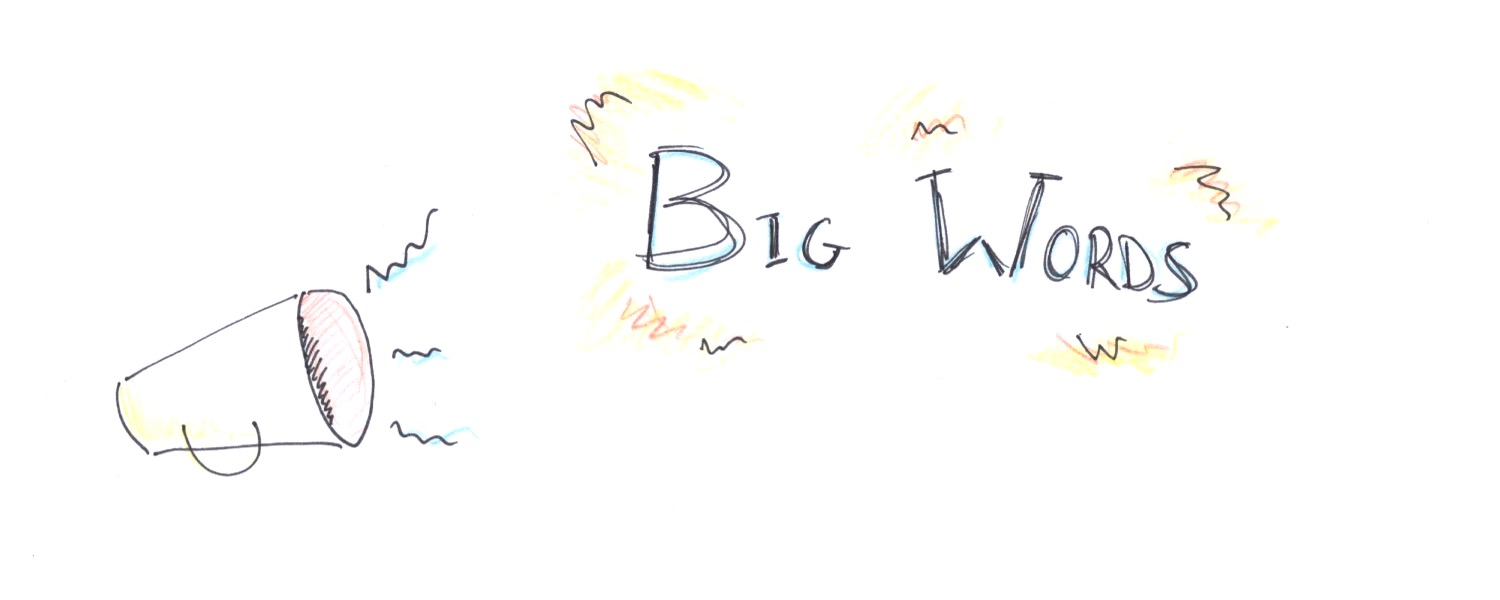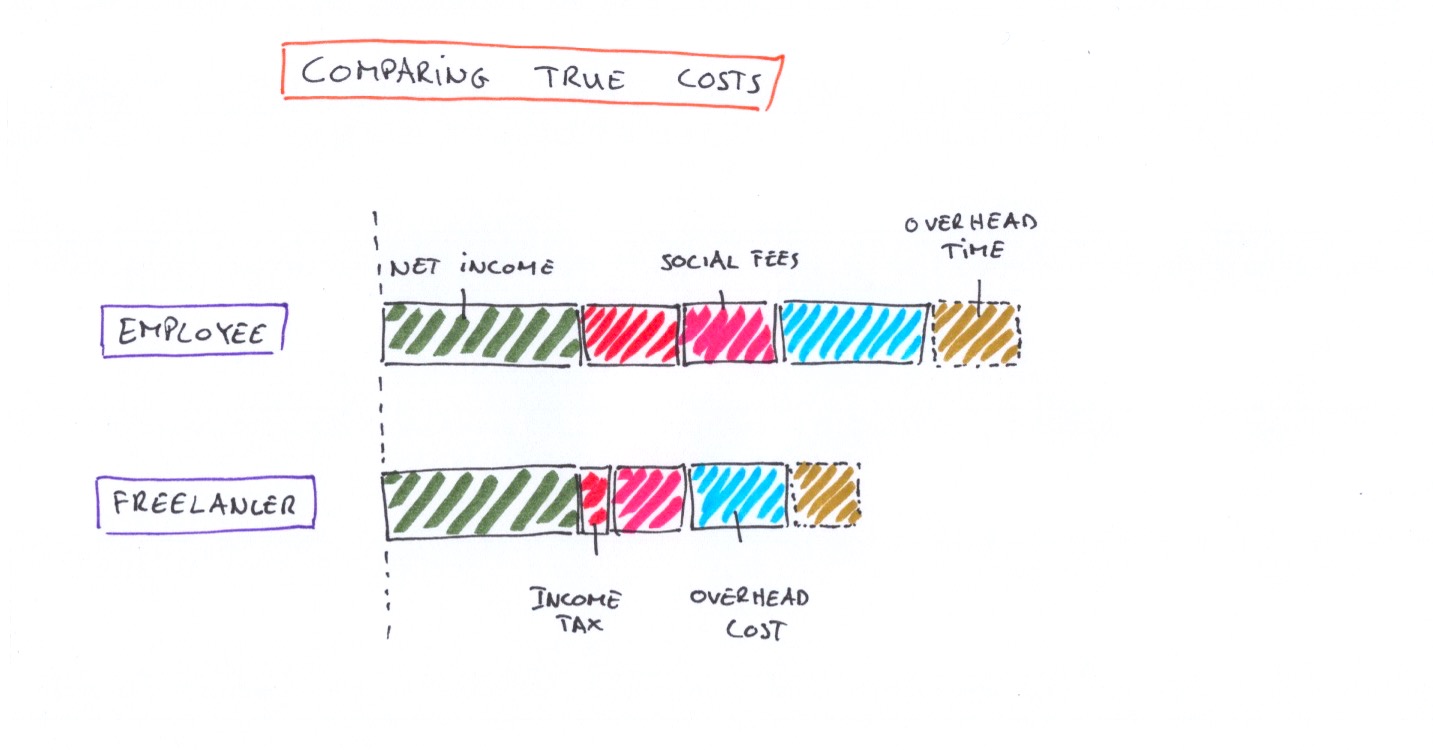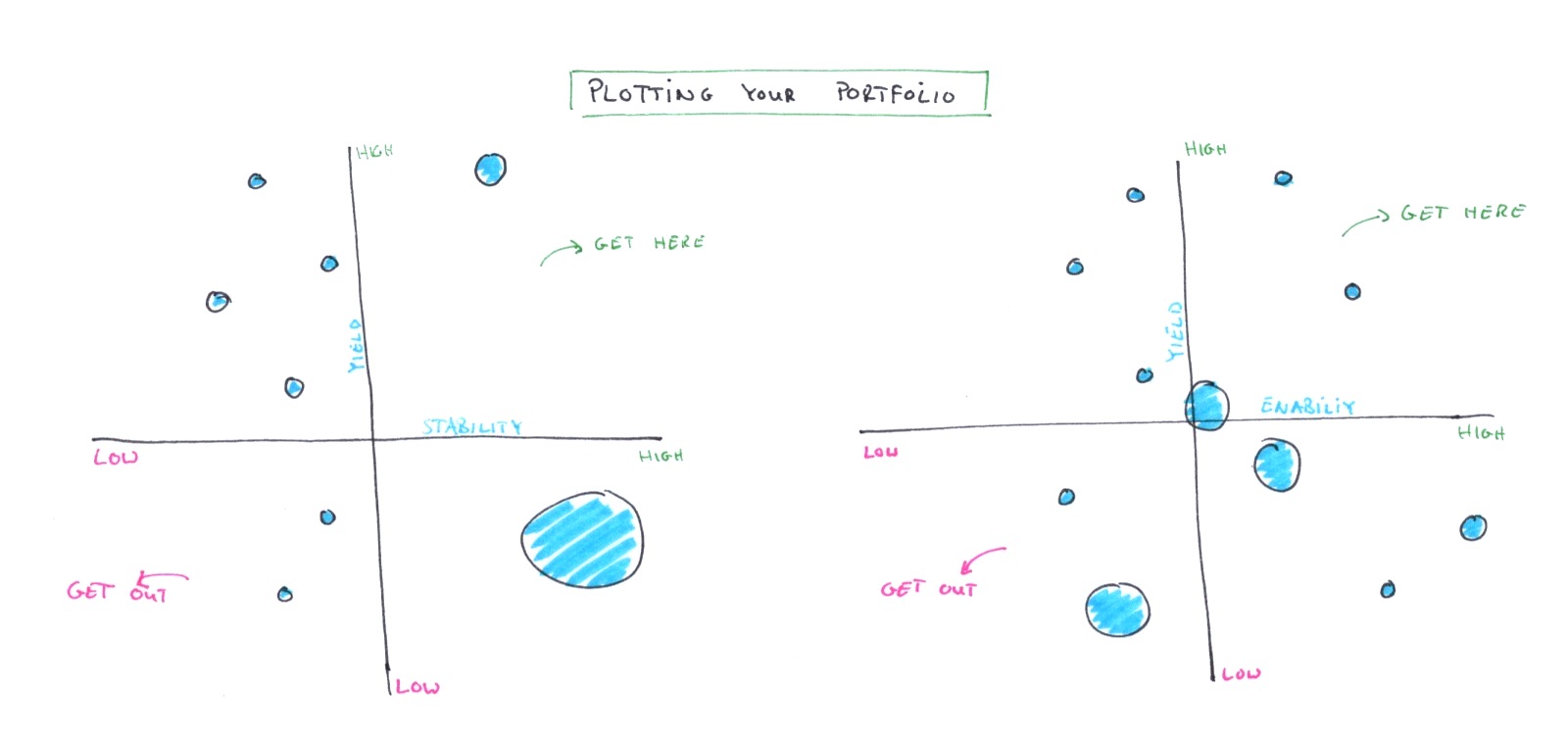The case for following your talent over passion. Love what you do, by doing what you’re good at.
Now, this might not be a popular opinion. But I'm here to make a case for simply and boringly following your talent instead of your passion!
Because it's clear how talent leads to enjoyment. It's less clear that enjoyment always leads to skill.
Here are 11 reasons why it's much smarter, more joyful and sexier to do what you're good at, instead of what you're passionate about.
Stop trying to find your purpose, calling or passion! You're looking the wrong way! Try focusing on their origins instead.
Find your Purpose. Find your Passion. Find your Calling. Or your Mission. And for good measure, go with the Flow.
Pff, give me a break!
Finding Passion, Flow, Purpose, Calling and Mission. All these big words. All these things to find. I don't like it. Moreover, I think it's disempowering.
Why? Three reasons: (1) Size, (2) Metaphor and (3) Misdirection of attention.
Let me explain and give you a better approach.
Pricing 4: How to Price based on Value and Perception.
Pricing 3: Why freelance fees aren't as high when you compare them with the true costs of employees.
You charge what per hour?? The outcry you get when you share how much you charge to people who work a regular job. But what if these fees aren't as high as they seem? What if we would compare them to the true costs to the employer of that person? If we add all the costs and calculate the costs per hour, the freelancer fees seem way more reasonable.
18 ways to reframe a decision to help you pick and start faster.
Pricing 2: How to figure out what your hourly rate should be.
There are roughly three ways to approach the price of your product. (1) Most logically is to base it on the value you deliver to the client. (2) To look at the price on the market for similar products. (3) And lastly, there is Cost-plus. To price your product or service based on what it costs you and put a margin on top of it.
Pricing 1: How much do you need to charge to earn your income goal?
Pricing is foundational to your business. You sell products. And products have a price. Now, what do you need to price in order to make your income goals? This posts breaks down exactly that.
It's the first part of a series on pricing. Going further in internal budgeting, value and perception, and whether you should ever work for free.
Developing Creative Stamina
Why habits are more important than goals. Which can you start with. And how to form them.
Turning the tables on procrastination with these 20 tactics
We’ve all been there. We know we should be working on this project. We know we should start writing this paper. But! We want to check our email or Facebook. Or we suddenly want to clean the house. And don’t get me started on YouTube. In this blog I'll give 20 tactics to turn the table and get to work.
How to make choices. 11 ways to reframe to make decisions easier.
Never attribute to malice that which is adequately explained by stupidity.
You’ve probably heard of Occam’s razor. "Among competing hypotheses, the one with the fewest assumptions should be selected."
But have you heard of Hanlon’s razor? They are similar in that they both shave off unnecessary and unlikely parts of thinking. Hanlon’s razor goes as follows:
"Never attribute to malice that which is adequately explained by stupidity."
Letting go of something you’ve build.
It’s been 4 years (almost to the date) that we launched De Universiteit. 4 years. That’s a big chunk of time. It’s been quite a ride. And for me, that ride is coming to an end.
In this “open letter”, I want to share my thought process. My intention is to share how this decision has come about and what my reasoning was for retiring my role in De Universiteit. To share my experience and view on what we’ve created. And how it is to let something go that you’ve build. Hopefully, reading this is helpful to you and De Universiteit in some way.
















